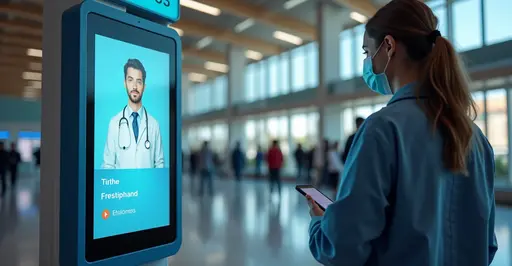
Revolutionizing Healthcare Through Artificial Intelligence
The World Health Organization has officially launched its groundbreaking AI for Global Health Laboratory, marking a significant milestone in the integration of artificial intelligence and machine learning technologies into global healthcare systems. This innovative hub represents WHO's commitment to leveraging cutting-edge technology to address some of the world's most pressing medical challenges.
A Vision for Equitable Healthcare Innovation
The newly established laboratory will serve as a central platform for developing machine learning solutions tailored to diverse healthcare needs across different regions. The initiative aims to bridge the gap between technological advancement and healthcare accessibility, particularly in low-resource settings where medical infrastructure remains limited.
Key Focus Areas and Objectives
The AI lab will concentrate on several critical areas including disease prediction and prevention, diagnostic accuracy improvement, treatment optimization, and healthcare resource management. By harnessing the power of artificial intelligence, the WHO hopes to accelerate progress toward universal health coverage and improve health outcomes worldwide.
Collaborative Approach to Global Health
The laboratory will operate as a collaborative space bringing together experts from various fields including data science, medicine, public health, and ethics. This multidisciplinary approach ensures that developed solutions are not only technologically advanced but also ethically sound and culturally appropriate for different populations.
Addressing Global Health Disparities
One of the primary goals of the initiative is to reduce health disparities between developed and developing nations. The AI solutions developed will be specifically designed to work in resource-constrained environments, making advanced healthcare technology accessible to communities that have traditionally been left behind in the digital health revolution.
Future Impact and Expectations
Experts predict that this initiative could significantly accelerate progress on several Sustainable Development Goals related to health. The laboratory's work is expected to contribute to earlier disease detection, more efficient healthcare delivery, and improved health monitoring systems globally.

 Nederlands
Nederlands English
English Français
Français Deutsch
Deutsch Español
Español Português
Português







